Table of Contents
- What Does “House-Trained” Mean?
- How Long Does It Take?
- Basics of Successful Training
- Nighttime House-Training
- Frequently Asked Questions
- Info Block: Common Mistakes
- Table: At a Glance
What Does “House-Trained” Mean?
A house-trained puppy goes potty outside – reliably and in a controlled way. This doesn’t happen overnight. Puppies can’t hold their bladder for long. House-training takes time, consistency, and patience.
How Long Does It Take?
Most puppies are mostly house-trained by around 4 to 6 months of age. Occasional accidents are normal and nothing to worry about. The key is to stay calm and consistent, even when there’s a mess.

Basics of Successful Training
Consistent Potty Breaks
Puppies need to go out more often – after waking up, eating, drinking, playing, and before bed. General rule: every 1.5 to 2 hours, including possibly once at night.
Reward at the Right Time
If your pup goes potty outside, reward them immediately – with praise or a small treat. Timing is everything here.
Never Punish Accidents
If there's a mess inside, quietly clean it up without scolding. Otherwise, your puppy may become confused or anxious.
Use the Same Spot
In the beginning, always use the same place outdoors. Repetition helps your pup understand what’s expected there.
Gentle Control with the Right Leash
For short outings, a light and soft collar is ideal – like our Siliena Light Collar in Beige. It’s comfortable, flexible, and perfect for puppies.
Nighttime House-Training
At first, many puppies can’t hold it all night. You might need to set an alarm. Carry your pup outside quietly and return them directly to their bed. Over time, they’ll sleep through the night.

Frequently Asked Questions
What if my puppy doesn’t go outside?
Stay outside for 10 to 15 minutes. If nothing happens, go back inside and try again soon.
When is my dog truly house-trained?
When there have been no accidents for several weeks – even during excitement or visitors – you can consider your pup fully house-trained.
Info Block: Common Mistakes
- Waiting too long between potty breaks
- Scolding after accidents
- Too little praise when they get it right
- Using ammonia-based cleaners
- Lack of daily routine
Table: At a Glance
| Starting Age | Around 8 weeks |
| Potty Frequency | Every 1.5–2 hours |
| Key Times | After sleep, play, meals |
| Equipment | Soft collar, light leash |
| Accident Response | Clean quietly, no punishment |
| House-Trained By | Around 4–6 months |
| Possible Relapses | Due to stress, growth, change |
If you're just getting started, be sure to check out our article “The first steps when a puppy moves in: How to Ensure a Smooth Start into a New Life” – it’s full of helpful tips for settling in and building a daily routine with your puppy.
Discover our handcrafted Light Collar – ideal for your puppy’s early walks.


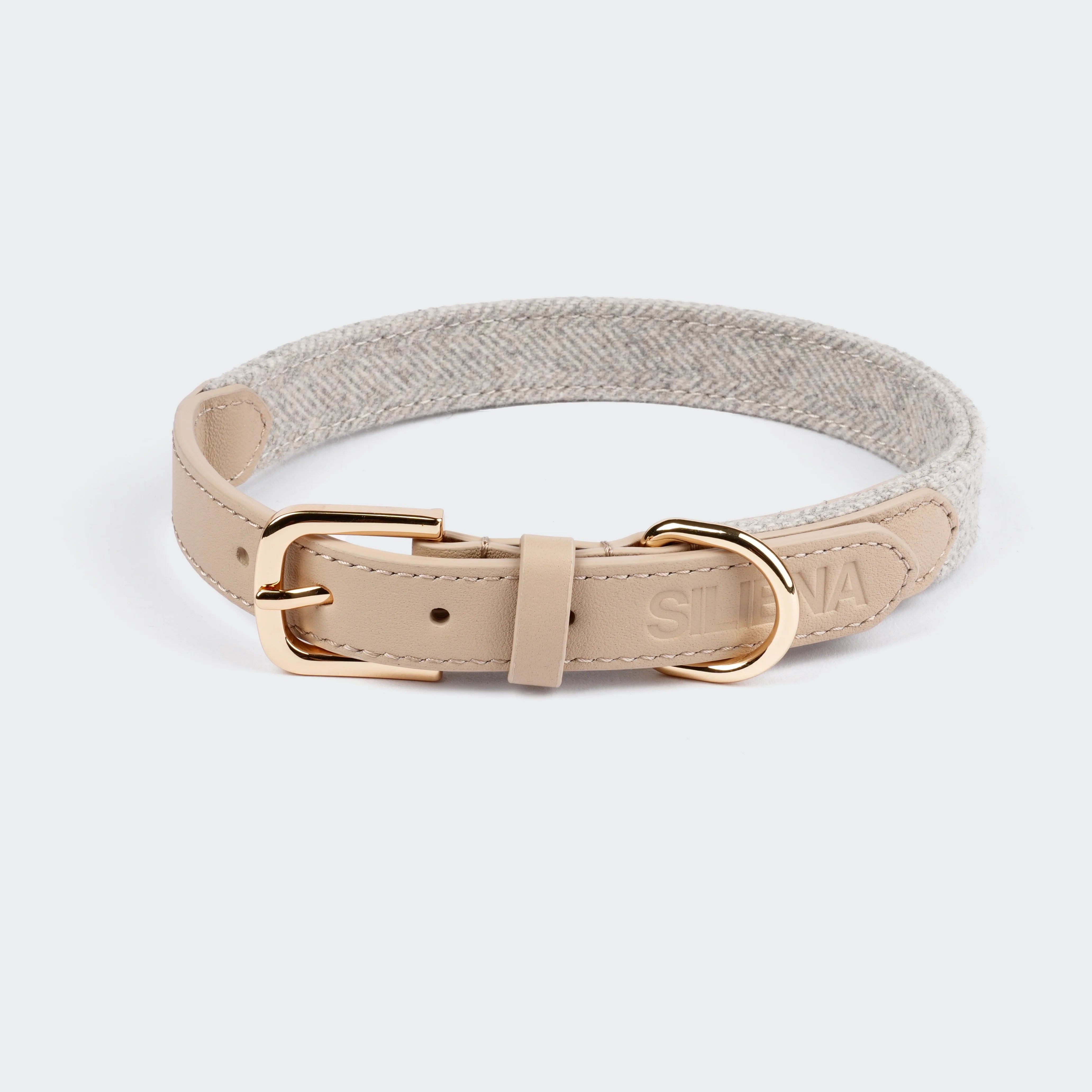
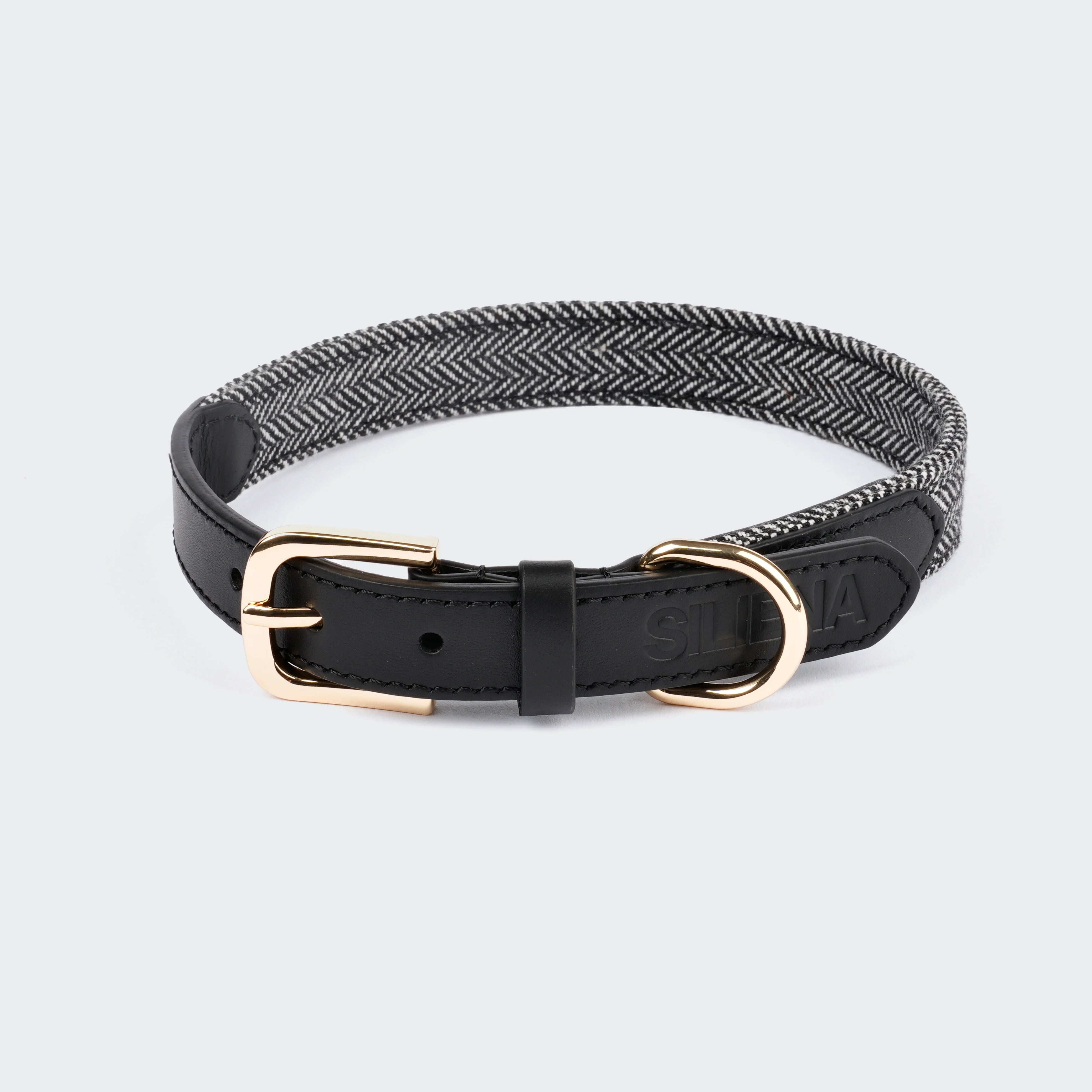
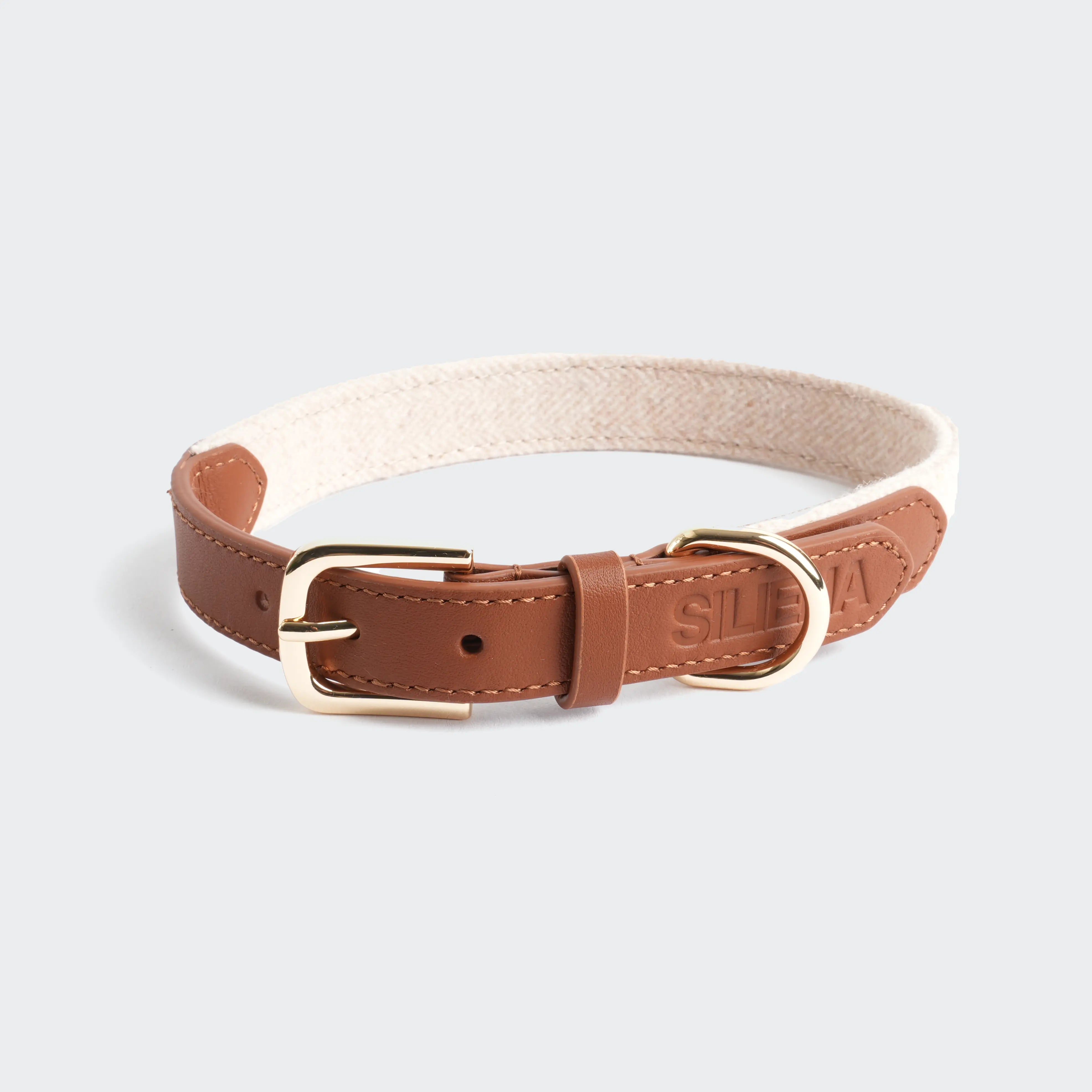
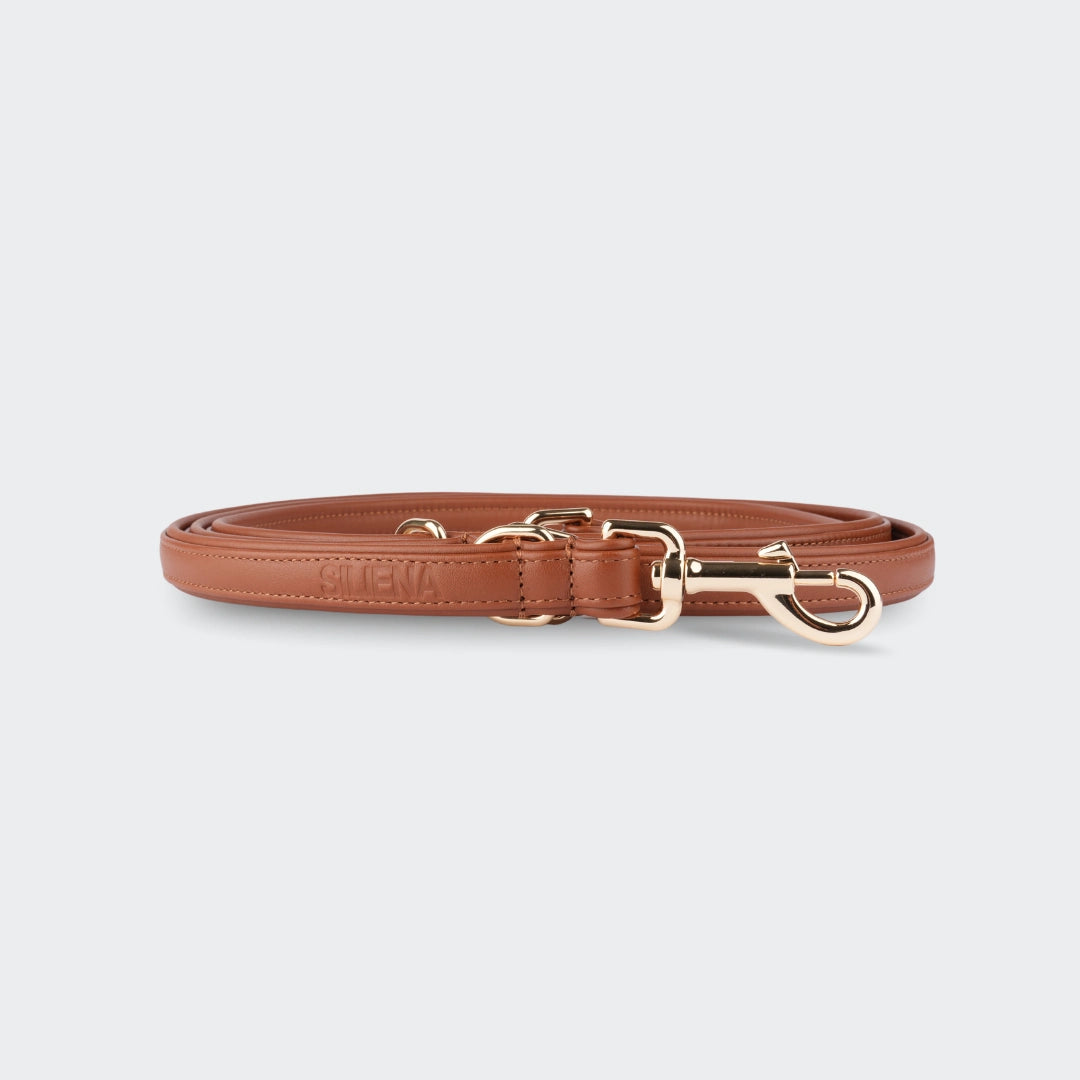
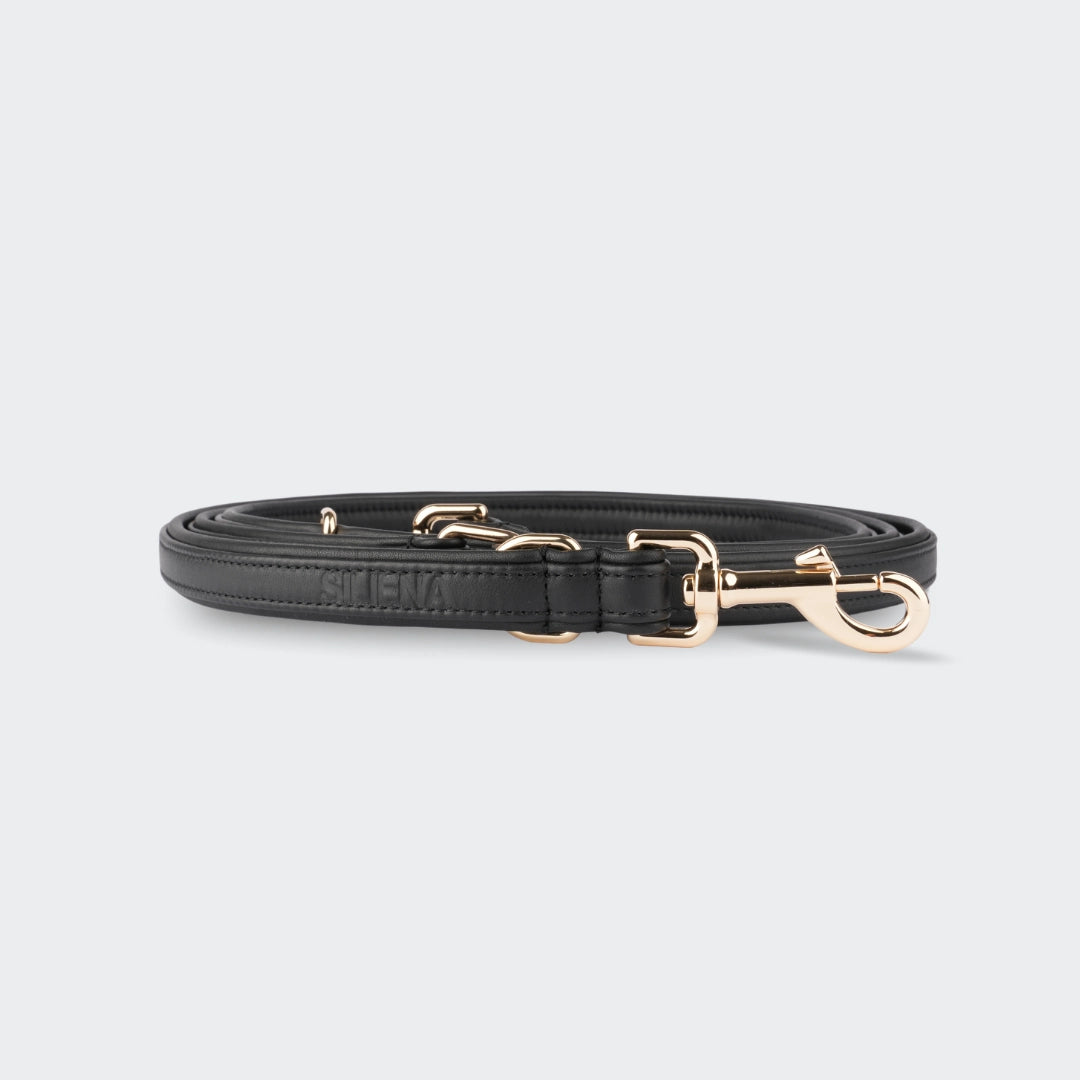
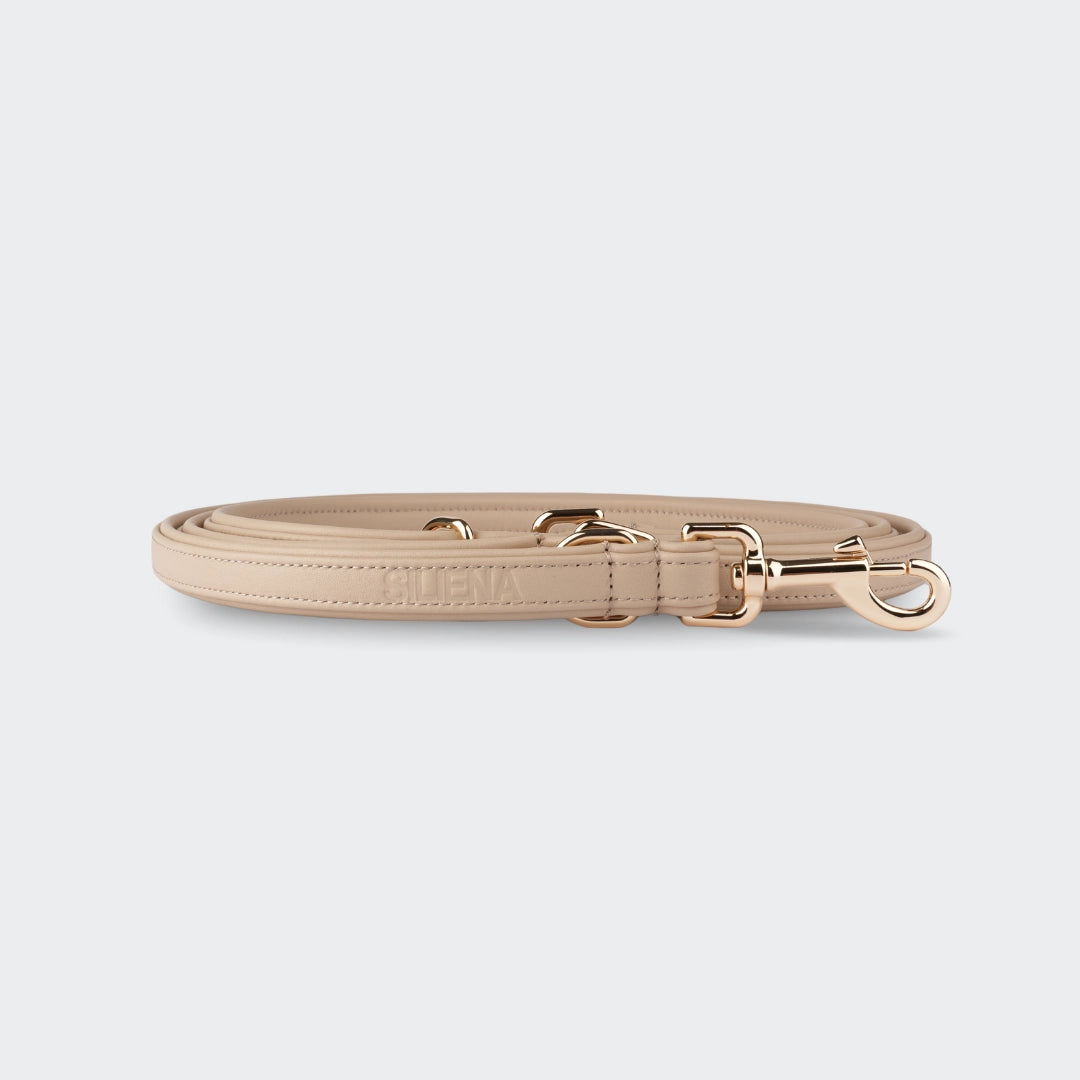
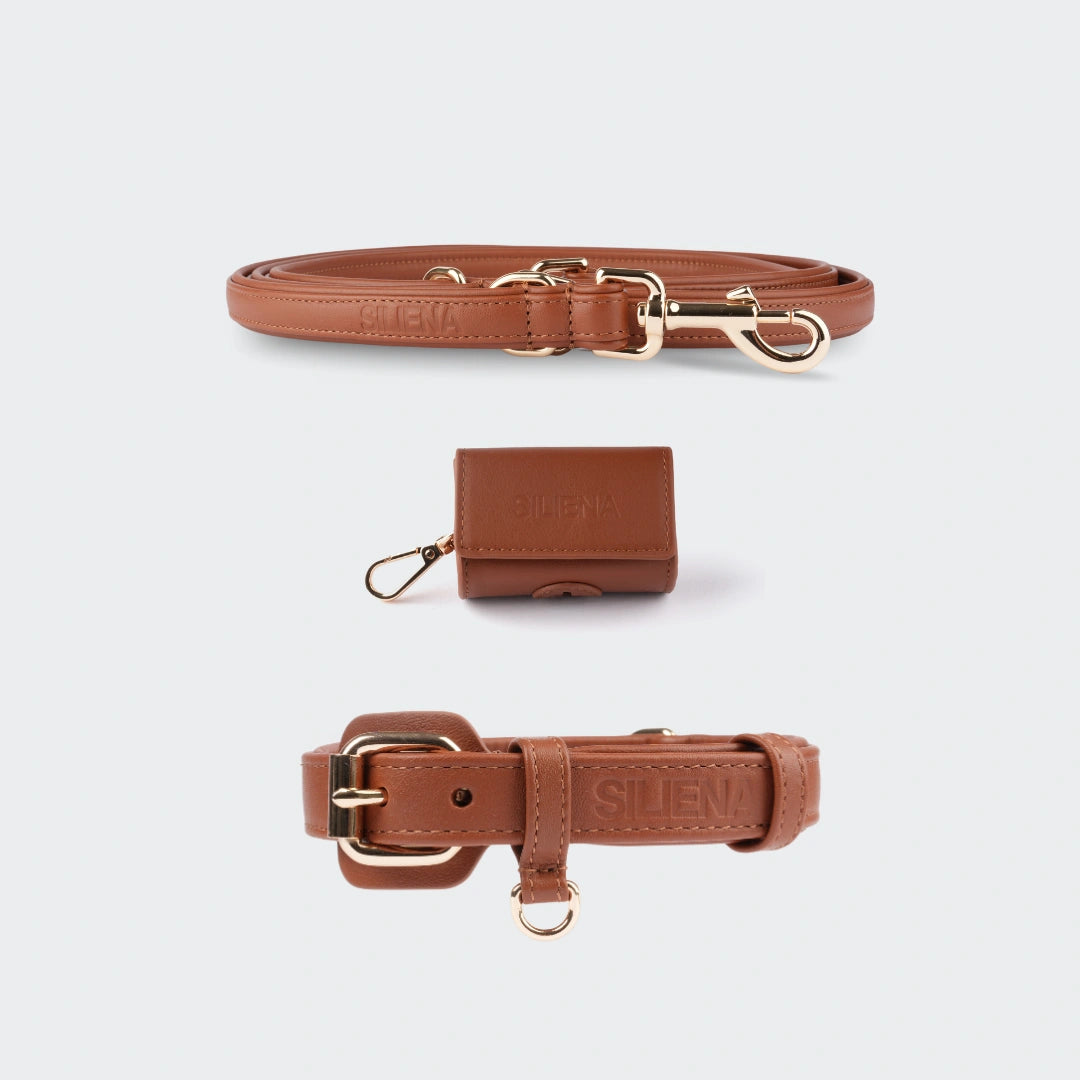
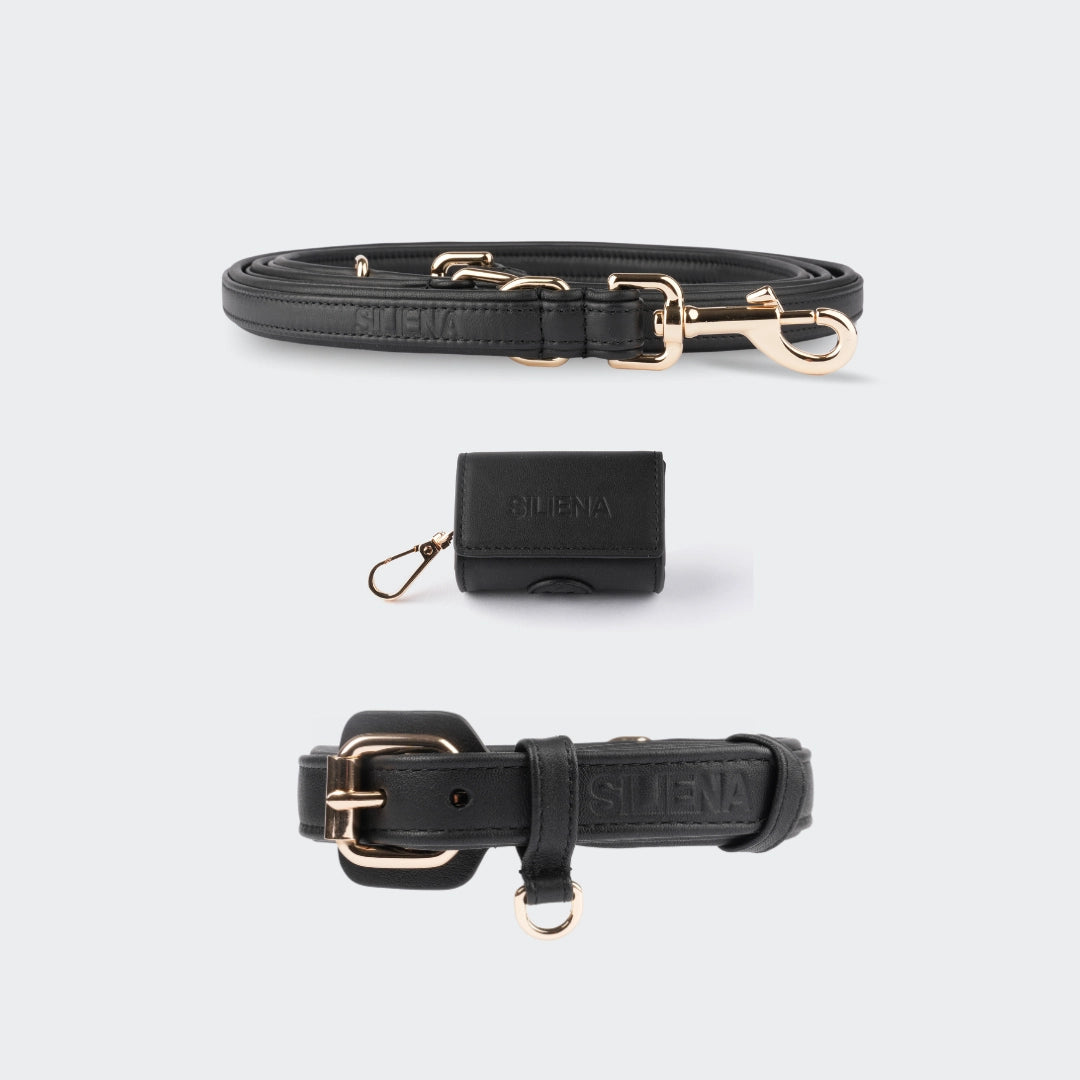
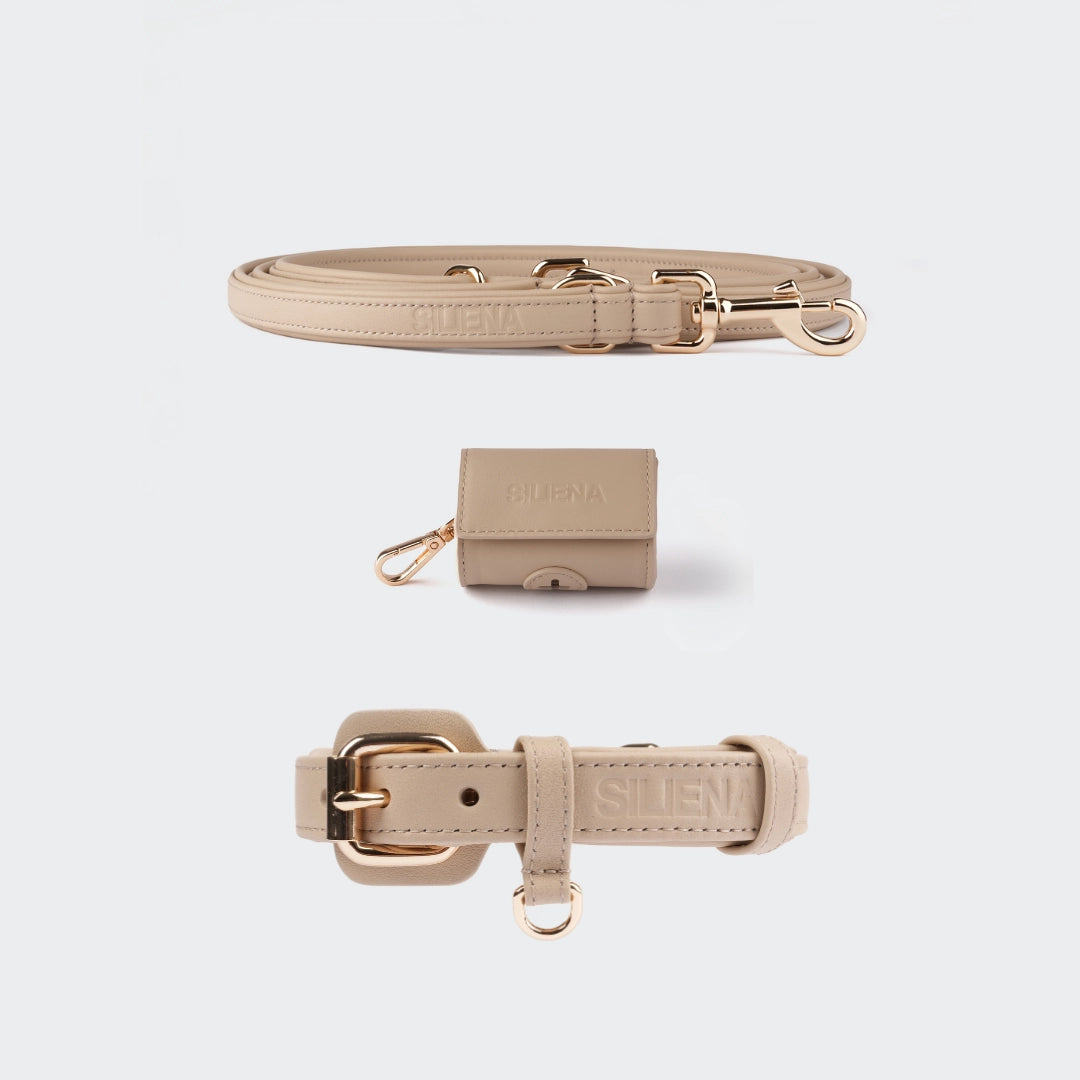
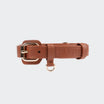
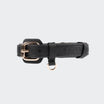
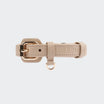
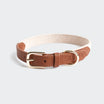
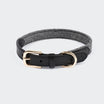
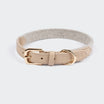
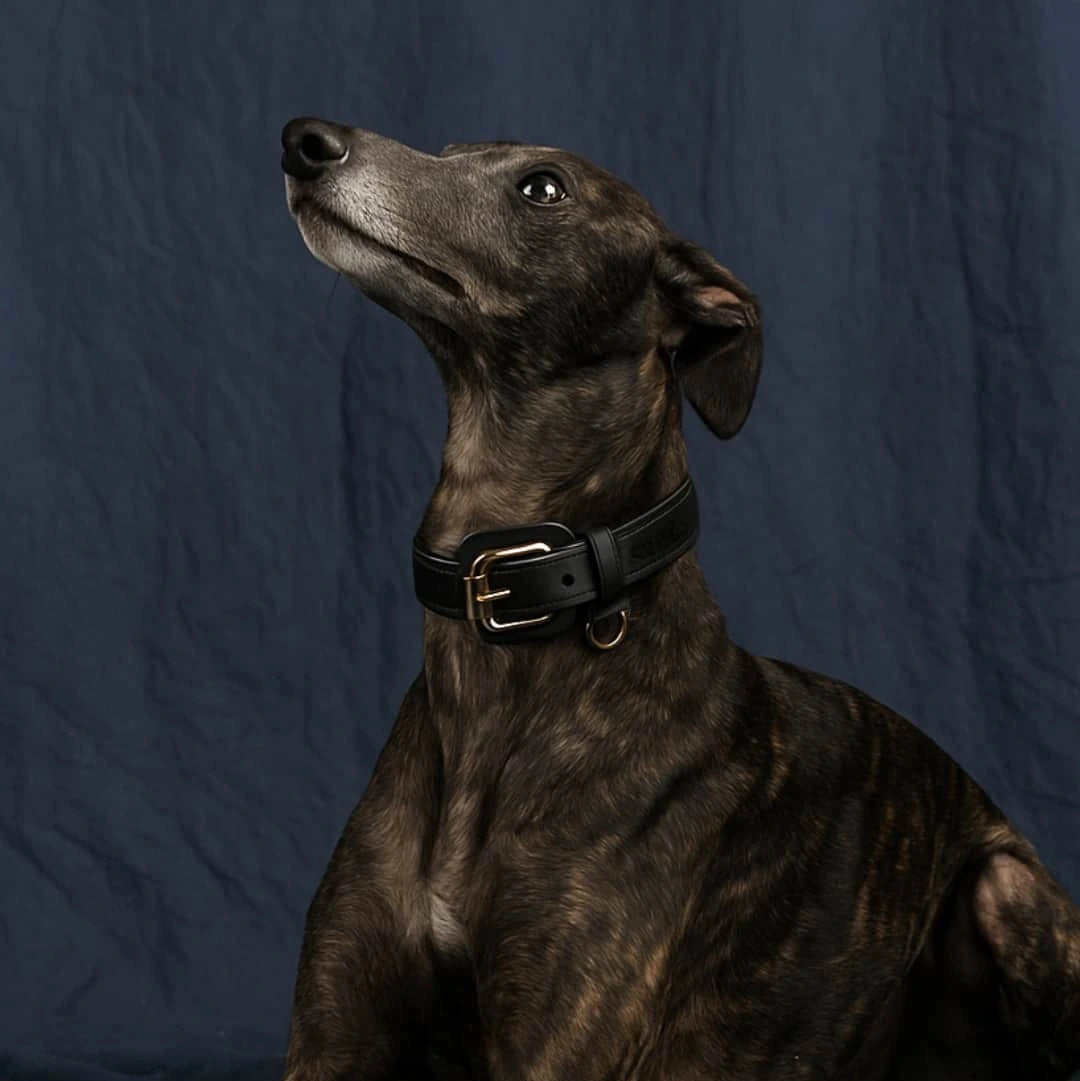
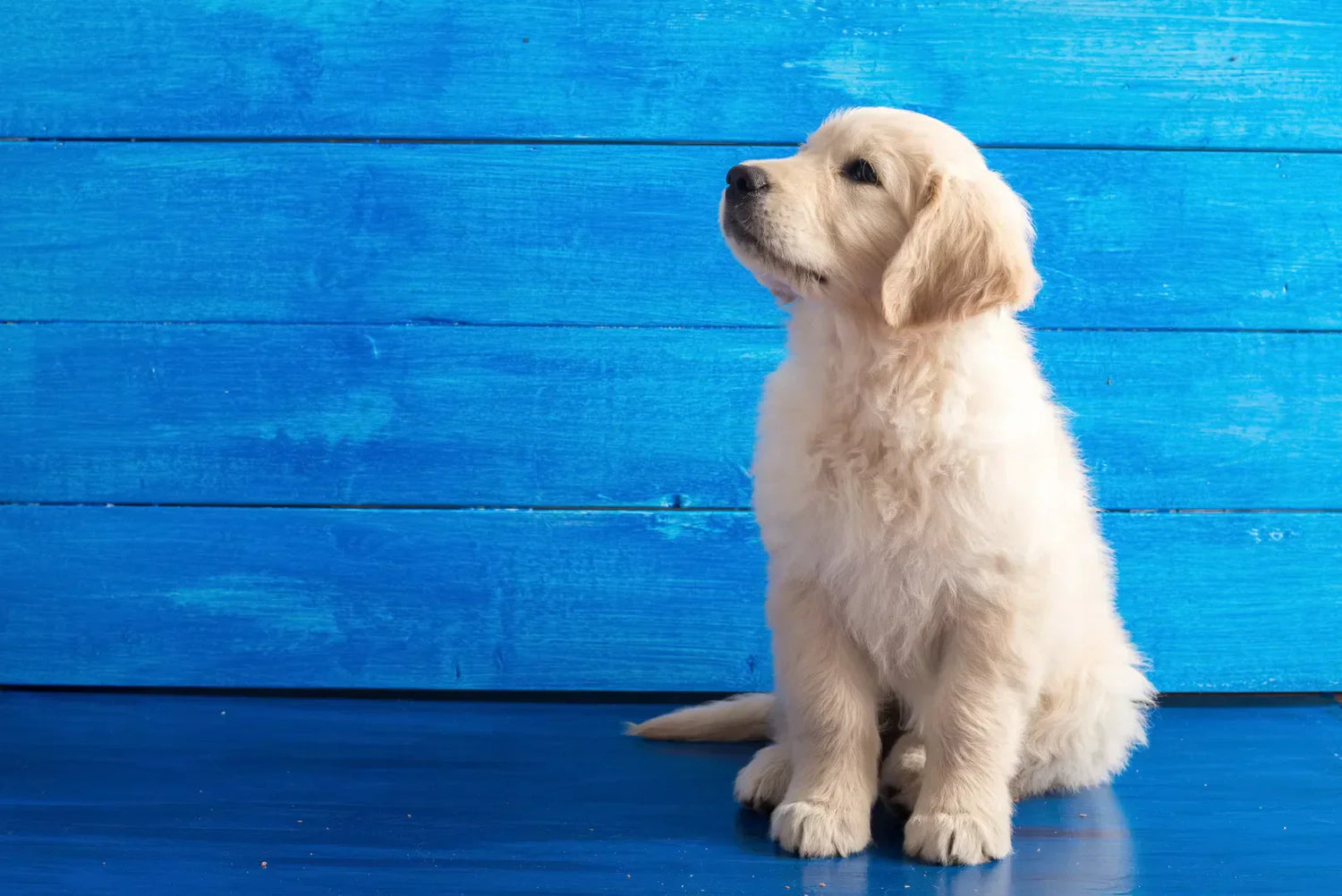
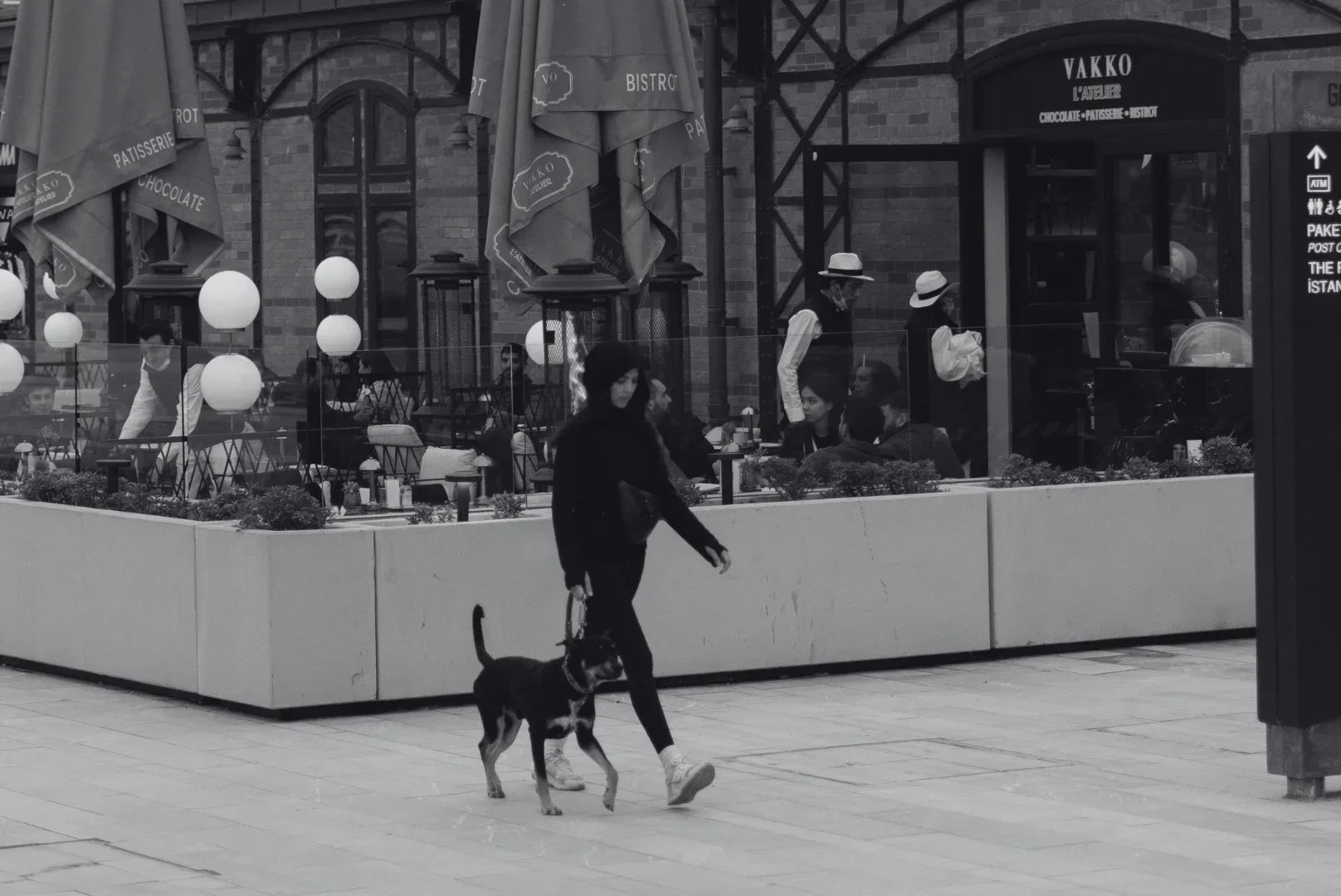
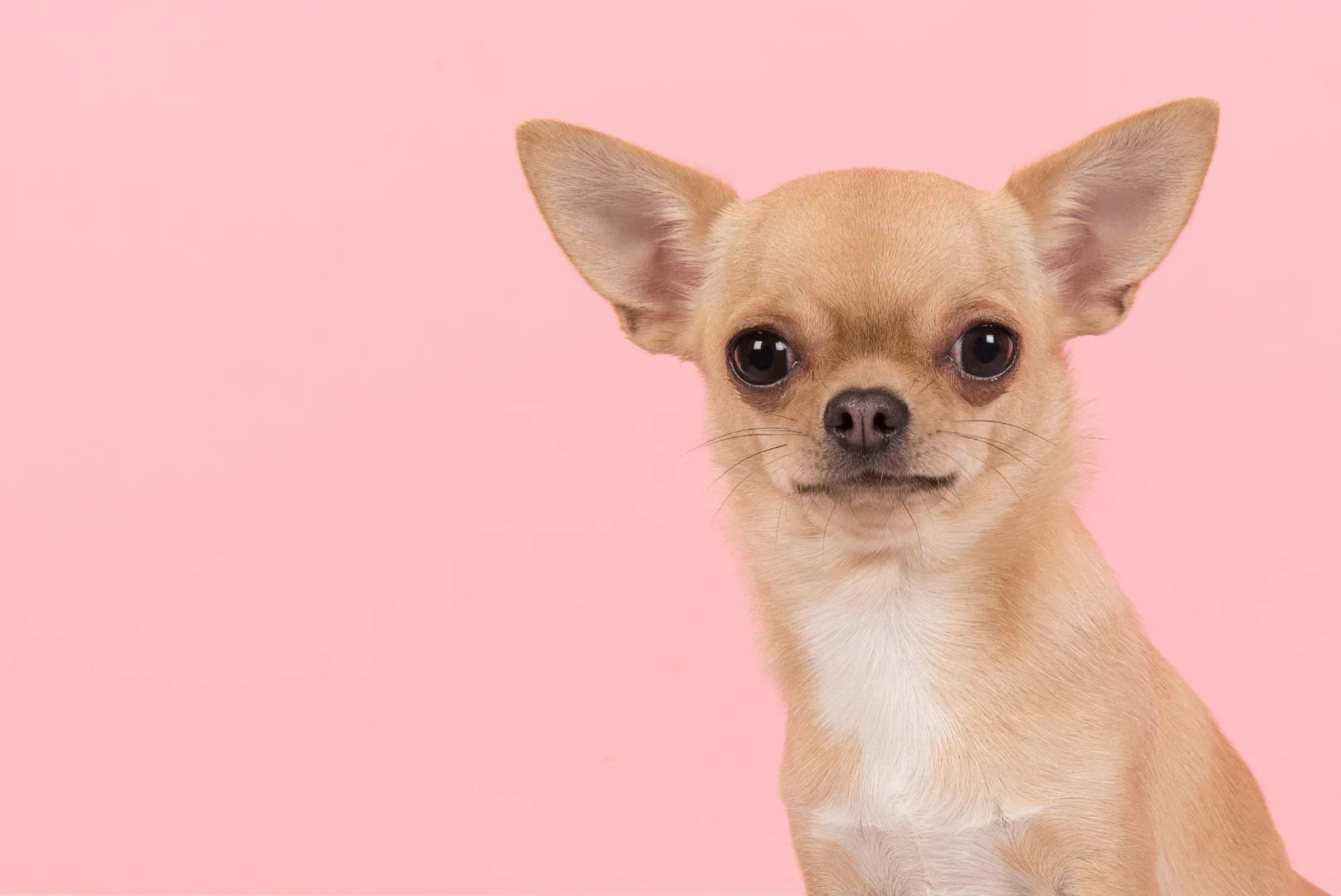
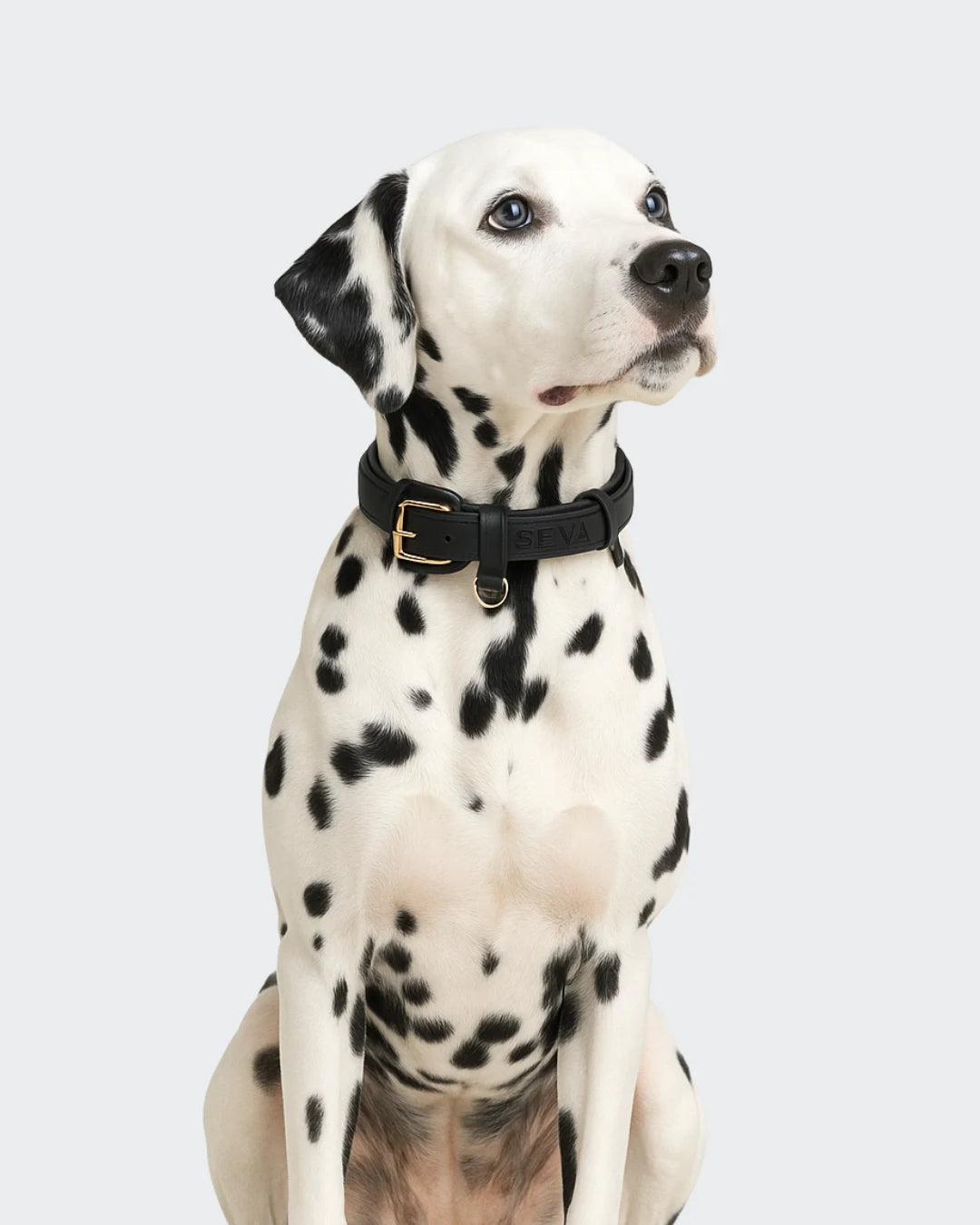
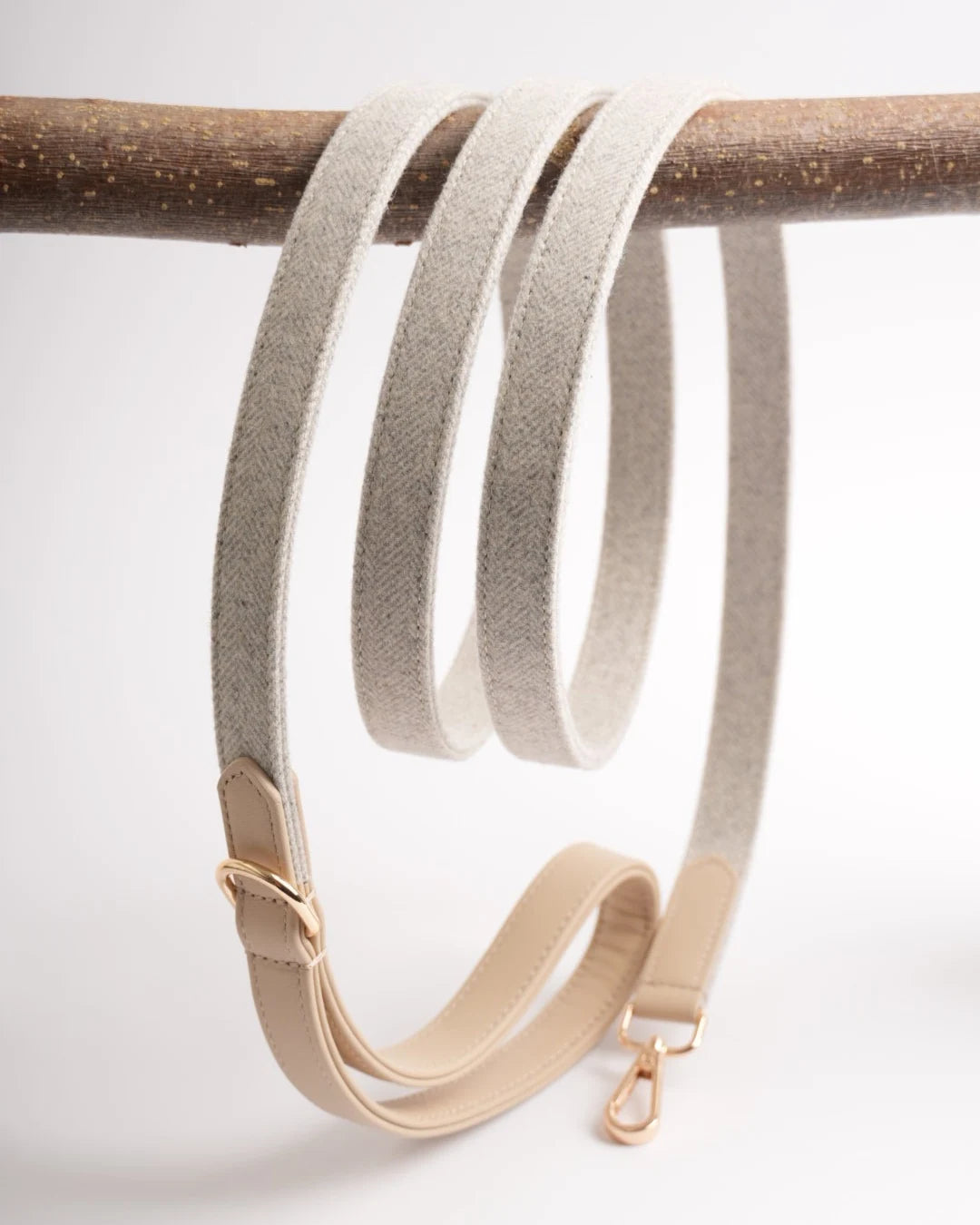
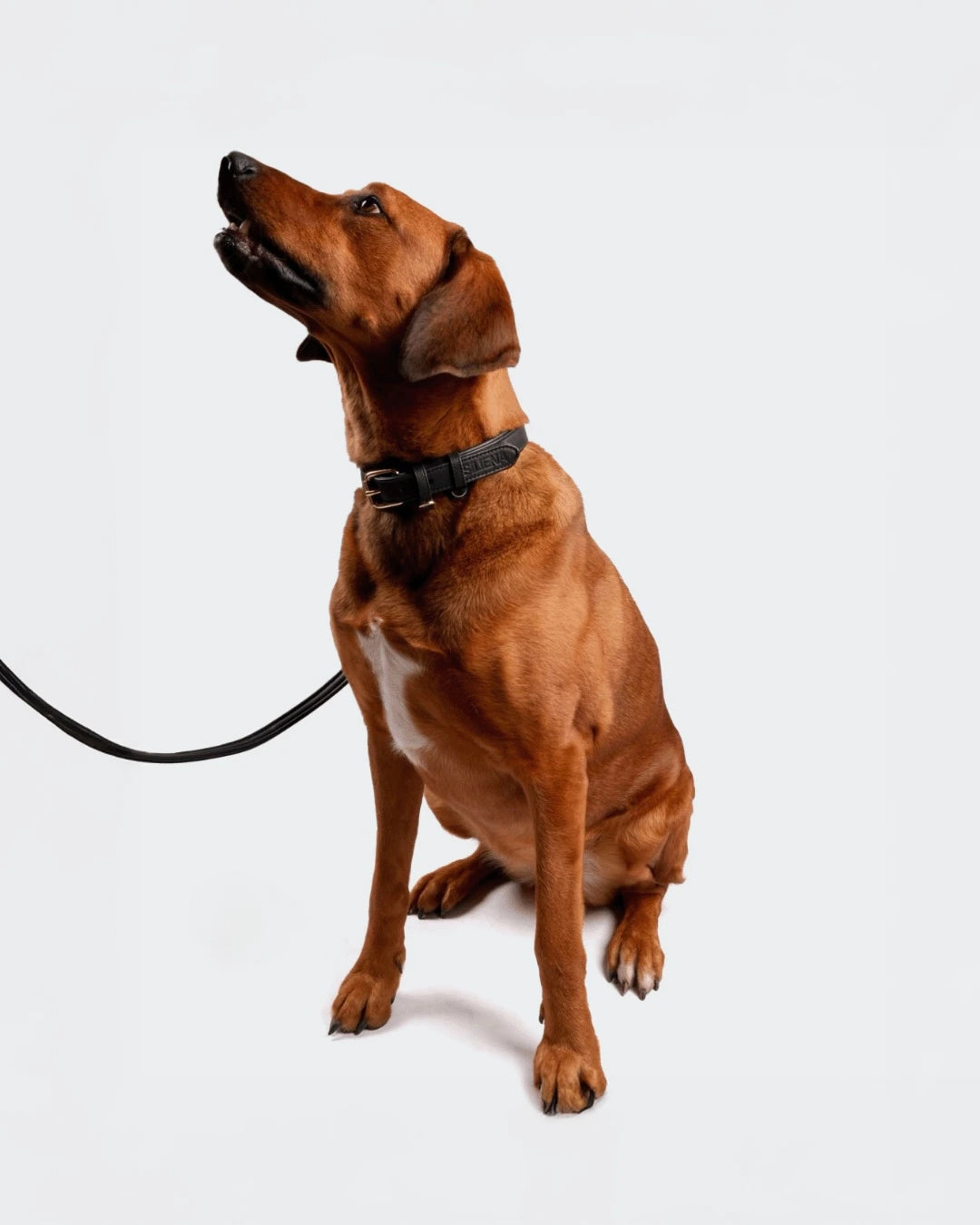
Leave a comment
This site is protected by hCaptcha and the hCaptcha Privacy Policy and Terms of Service apply.